This year, May 5th marks the Beginning of Summer, signaling the transition from spring to the hot summer months. Have you noticed the particularly muggy weather today?
In summer, many people experience fatigue, irritability, and internal heat. While cold drinks are a common choice for cooling down, experts recommend tea for its superior heat-clearing and thirst-quenching effects. So, what kind of tea is best for summer?
The choice of tea should consider both the summer climate and the nature of the tea, with personal constitution being a crucial factor.
In summer, the body is externally hot but internally cold. Combined with the tendency to consume cold foods and stay in cool environments, this can harm the spleen and stomach, leading to issues like abdominal pain and diarrhea. Drinking warm teas can help regulate digestion.
Cooling with Flower Tea
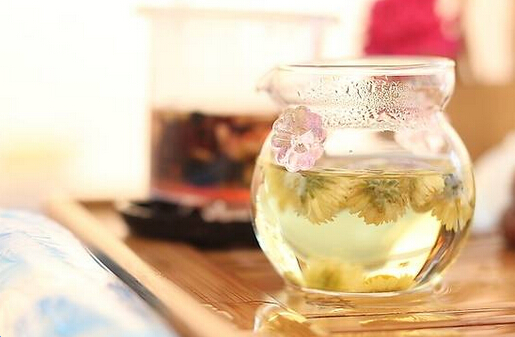
In the scorching summer, relieving heat is essential. While green tea is traditionally recommended, some prefer flower tea, saying, "Better three flowers than two ounces of tea." Summer calls for cooling flower teas, though those with weak spleen and stomach should opt for neutral or mildly warm varieties.
Refreshing with Green Tea
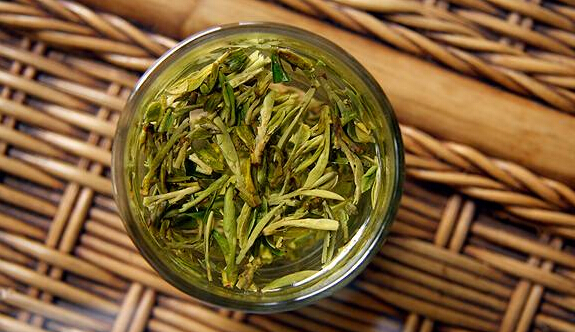
The intense summer heat depletes bodily fluids, making Longjing, Mao Feng, and Biluochun green teas ideal. These teas are refreshing, slightly bitter, and rich in vitamins, amino acids, and minerals. They help clear heat, detoxify, quench thirst, and boost energy. A cup of green tea can also combat midday fatigue, thanks to its caffeine content that stimulates the central nervous system.
Stomach-Friendly Black Tea
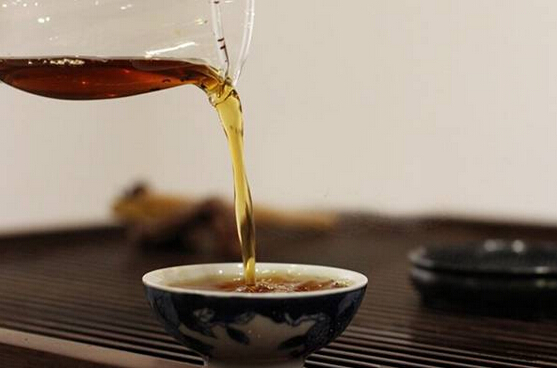
Summer weakens digestion and lowers immunity, making foodborne bacteria a risk for intestinal diseases like diarrhea. Black tea, a traditional remedy, is nutritious, cooling, and beneficial for stomach health.
Detoxifying with White Tea
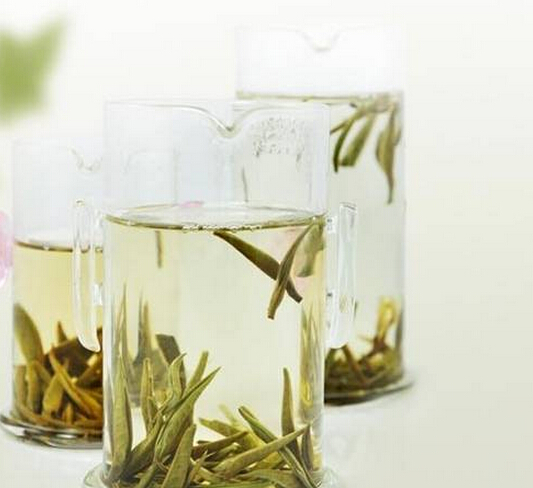
White tea drinkers rarely suffer heatstroke due to its amino acids that reduce heat and detoxify. Research shows white tea has stronger antibacterial properties than green tea, even enhancing toothpaste's germ-killing power.
Antibacterial Red Tea
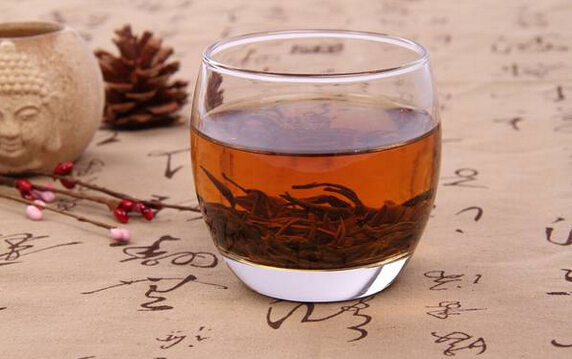
Red tea’s polyphenols and amino acids stimulate saliva, creating a cooling effect and quenching thirst. Its caffeine regulates body temperature and aids detoxification. Red tea also fights bacteria and prevents colds, with flavonoids neutralizing harmful germs and flu viruses.
Ultimately, the best tea depends on individual needs, and scientific consumption maximizes its benefits.